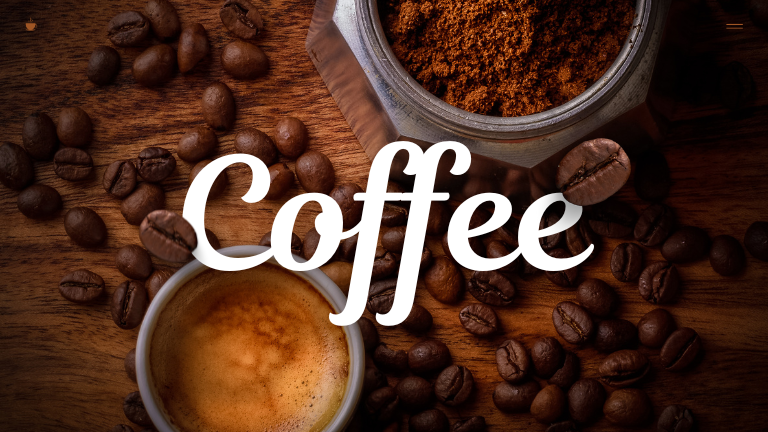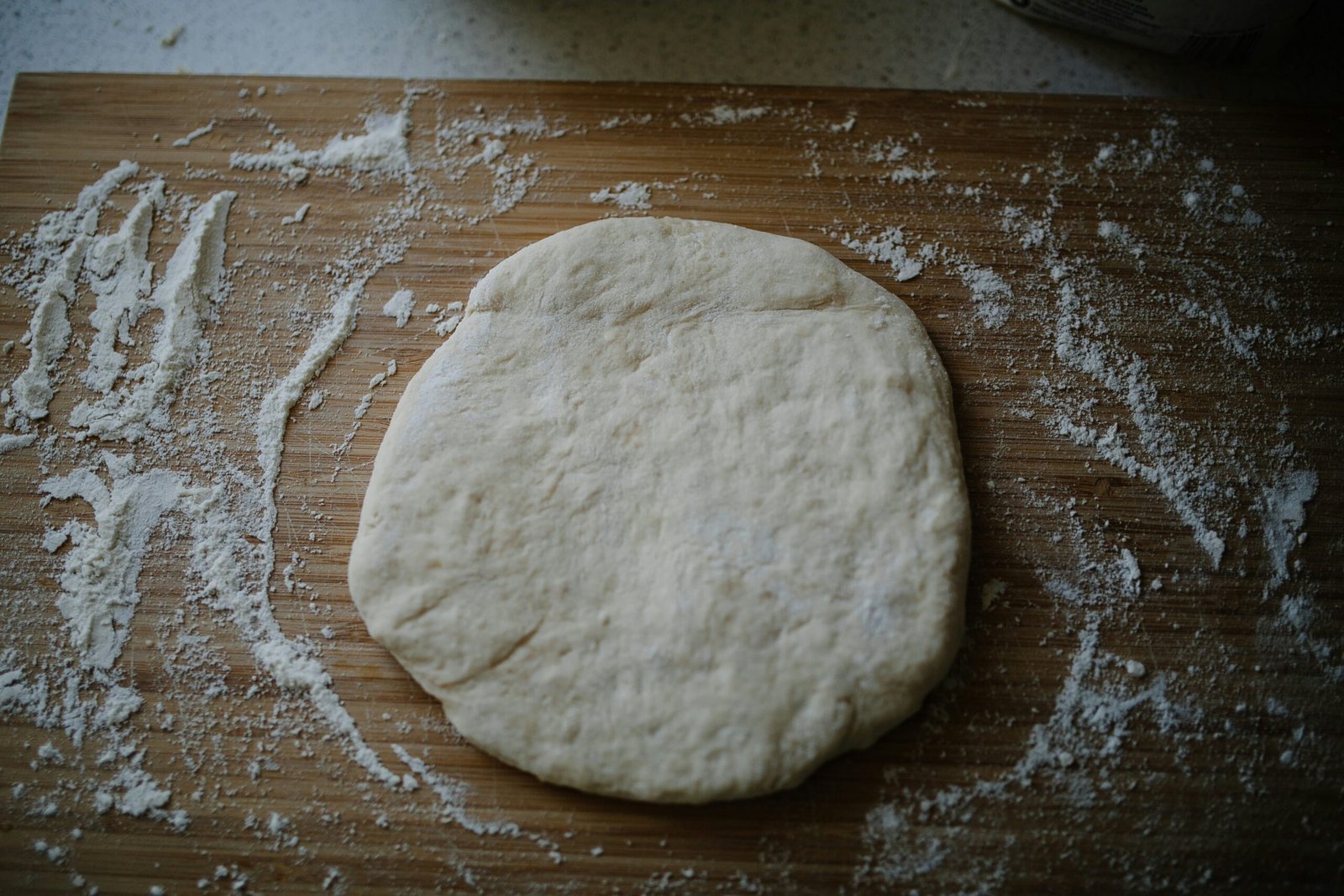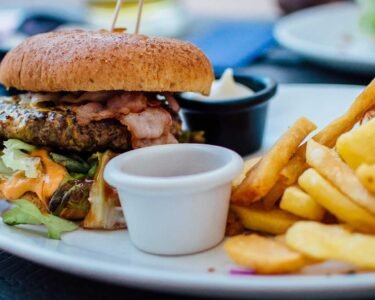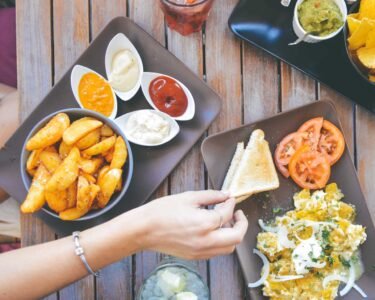Fasting has become popular for weight loss, improved health benefits and religious reasons; yet many individuals wonder whether or not they can drink coffee while fasting.
We will explore this topic further here to understand its effects and whether they fit with different fasting protocols. – Understand Fasting:
Fasting refers to abstaining from food and liquid consumption for an extended period
There are various forms of fasting, each with differing restrictions
Traditional water fasting involves complete abstinence from all food and calorie-containing beverages, while popular methods such as the 16/8 method (16 hours fasting followed by eating within an 8-hour window of an eating window every 8 hours) or 5:2 method (5:2 eating generally for five days before restricting calories on two non-consecutive days) have various restrictions in place.
Fasting has been linked with numerous health benefits including weight loss, improved metabolic health and reduced inflammation – among many others.
Coffee and Fasting
With minimal calories and fat content, black coffee doesn’t technically break a fast in its strictest sense. Studies suggest that smaller amounts of low-cal beverages like black coffee probably won’t induce significant metabolic shifts that would breach fasted states.
Reed more:- Wag the Dog | Voted Off Survivor | Flight Deals
Consult With Healthcare Professional
Prior to embarking on any fasting regimen, it is advisable to seek advice from a physician or registered dietitian.
They can help determine the most suitable fasting method based on your health needs, weight goals and any underlying medical conditions – plus provide insight on whether coffee consumption aligns with your fasting plan.
Types of Fasting: There are different forms of fasting protocols, each governed by rules and guidelines on what can and cannot be consumed during fasting. Common types include Water Fasting – during which only water may be consumed while no food or other beverages may be allowed during fasting;
Intermittent Fasting: Intermittent fasting is more than simply saying yes or no; it involves shifting the times that you eat to those where you don’t, usually abstaining from food but sometimes drinking beverages such as water, tea or coffee during fasting periods.
Modified Fasting: Some fasting protocols permit for limited consumption of certain beverages or foods during a fasting period, such as bone broth, herbal tea or black coffee.
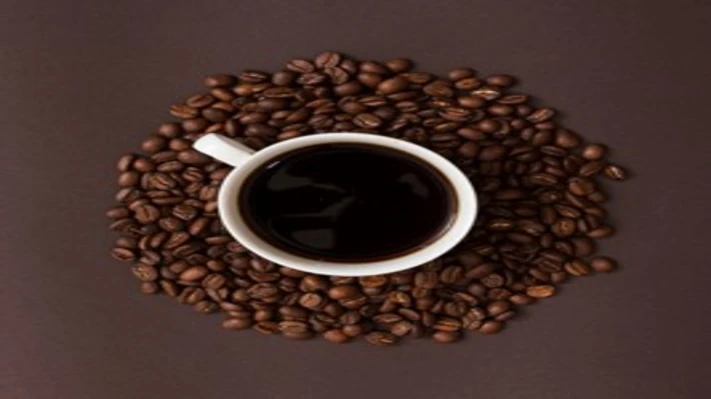
Black Coffee
Effects of Coffee on Fasting: Consuming coffee during fasting may have both positive and negative results: For instance, caffeine has been shown to suppress appetite – something which may benefit individuals seeking weight loss or metabolic health by fasting.
Increased Alertness: Coffee has the ability to boost mental alertness and focus, which makes it easier for some individuals to stick with a fasting regimen.
More info:- billie eilish | NASCAR races | Parker McCollum | Enthusiasm Series
Potential Disruption of Autotroph: According to some research, coffee consumption with added cream or sugar may interfere with autophagy – an essential cellular process associated with health benefits like cell repair and longevity.
Digestive Effects: Coffee can stimulate gastric acid secretion, leading to some digestive discomfort when taken on an empty stomach during fasting.
Considerations of Coffee Consumption While Fasting: – Coffee While Fasting
Deciding whether or not coffee can be part of your fasting regimen depends on your goals, preferences, and individual response to caffeine consumption. Here are some factors to consider:
Type of Fasting: Different fasting protocols have various rules regarding beverage intake. While water fasting tends to prohibit any beverages outside of water, intermittent fasting may allow limited consumption of certain drinks like black coffee.
Individual Sensitivity: Consuming coffee during fasting may cause negative side effects for some individuals, including jitteriness, increased heart rate, or gastrointestinal discomfort.
Finding a balance and listening to what your body needs are essential elements to making smart choices when fasting – for instance choosing black vs. coffee with milk and sugar for your daily coffee fix.
Additives: While black coffee itself is low-cal and unlikely to disrupt a fast, adding cream, sugar or flavorings could increase caloric intake and may disrupt fasting states.
Know more:- Pizza Dough | sewing class | white wear
Overall, your ability to drink coffee while fasting depends on a number of factors, including the type of fasting protocol you follow and your personal goals and tolerance to caffeine.
Black coffee may generally be acceptable during intermittent fasting; however, it’s essential to be mindful about its impact on your body and whether it fits within your fasting objectives.
Black coffee, when taken in moderation, can be an invaluable aid on your fasting journey, serving to manage hunger and potentially enhance metabolism. But adding sugary or creamy elements could turn it into a calorific drink that breaks the fast.
When considering your fasting goals and individual needs for this beverage choice, always consult a healthcare provider first before making significant dietary changes.
Black coffee can be an indispensable tool in helping enhance the fasting experience for many. By understanding its science, potential benefits, and individual considerations, it will allow you to make informed choices regarding its inclusion into your fast.
Coffee, widely appreciated for its stimulating effects due to caffeine, is widely enjoyed worldwide. Pay attention to your body’s signals and adjust your fasting plan accordingly.


